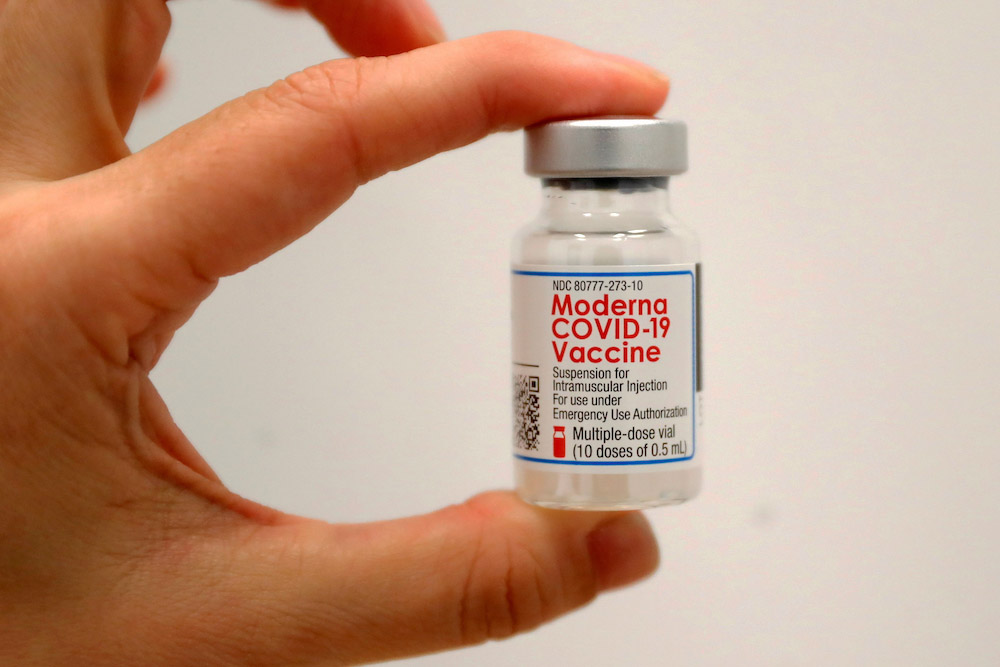
A health care worker holds a vial of the Moderna COVID-19 vaccine at a pop-up vaccination site operated by SOMOS Community Care during the COVID-19 pandemic New York in this Jan. 29 file photo. (CNS/Reuters/Mike Segar)
An increasing number of U.S. Catholic colleges and universities have required that students be vaccinated against the coronavirus before returning to campus in the fall of 2021. But some major Catholic institutions have not, citing state regulations or already high vaccination rates among their student bodies. Those not mandating include the Catholic University of America and two institutions in Florida.
The decision by some campuses to forgo a vaccine mandate worried ethicists and public health experts who spoke to NCR.
Jason Eberl, director of the Albert Gnaegi Center for Health Care Ethics at St. Louis University, a Jesuit institution, is in favor of vaccine mandates. "I think it's something that is essential for the sake of preserving the common good," he said.
Dr. Kirsten Bibbins-Domingo, a professor of epidemiology and biostatistics at the University of California, San Francisco, said relying on a certain percentage of the campus population to get vaccinated voluntarily isn't the safest approach for colleges to take.
It's hard for colleges to accurately know what percentage of their community is vaccinated, she said, because people come to the school from around the world and are constantly entering and leaving campus. With new, more contagious variants of the virus on the rise, outbreaks will spread faster and be harder to contain, she said.
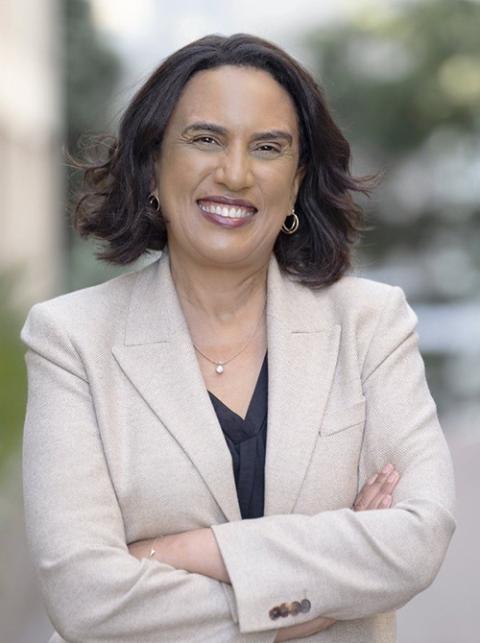
Dr. Kirsten Bibbins-Domingo, a professor of epidemiology and biostatistics at the University of California, San Francisco (Courtesy of Kirsten Bibbins-Domingo)
"The failure of colleges to actually do everything in their power to help mitigate an outbreak can be devastating," she said.
As COVID-19 vaccines become more widely available in the U.S., hundreds of colleges across the country have added COVID-19 to the list of immunizations students were already required to have before they arrive on campus.
Within the past few weeks, several major Catholic colleges and universities have announced a COVID-19 vaccine requirement, including St. Louis University, Gonzaga and the University of Detroit Mercy.
They have joined a list of Catholic schools that includes DePaul University, St. John's University, Georgetown University, Loyola University Chicago, Fordham University, Boston College and the University of Notre Dame — all of which will be requiring students to be vaccinated against COVID-19 before returning to campus this fall.
NCR surveyed the websites of the largest 40 Catholic universities, and emailed those that did not have a COVID-19 vaccine requirement listed online. Overall, of the 40 universities, 27 had announced vaccine requirements as of June 18.
The Catholic University of America, in Washington, is among the institutions that so far has decided not to require that students be vaccinated before they return in the fall.
In an email sent to NCR June 14, Lawrence Morris, chief of staff and head of the university's COVID-19 working group, said prior to deciding not to require the vaccine, the university surveyed its community members and found that 80% said they planned to be vaccinated before the start of the fall semester.
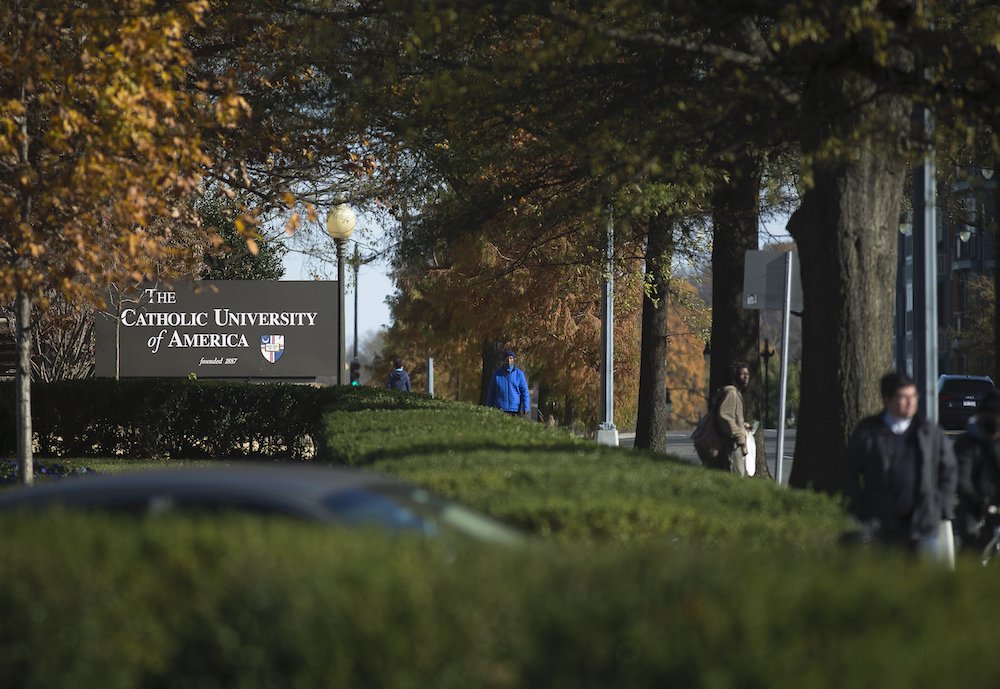
People in Washington walk near the campus of The Catholic University of America Nov. 24, 2020. (CNS/Tyler Orsburn)
"This information led us to decide that a mandate would not be necessary to reach the numbers of vaccinations required to keep this community safe," Morris said. "We will gather information about vaccination status so we have a current, accurate sense of the level of immunization and make decisions informed by that knowledge."
Another Catholic institution, Barry University in Miami Shores, Florida, has decided to "strongly encourage" vaccination, rather than requiring it, wrote Jennifer Boyd-Pugh, Barry University's vice president for university administration, in an email to NCR.
"Every institution must make the choice that is best for their unique student, faculty, and staff population when it comes to mandating vaccination and, at this point in time, this is the approach that makes the most sense at Barry University," Boyd-Pugh said. "Even if this were not the case, regulations in Florida would prohibit mandating vaccination for students."
Florida governor Ron DeSantis, a Republican, signed legislation in early May that bans businesses, schools and government agencies from requiring proof of vaccinations, according to the Miami Herald.
Another Florida Catholic institution — St. Leo University — has also opted not to require COVID-19 vaccinations.
In response to requests for comment from NCR, two of those who had not announced a vaccine requirement — Molloy College in Rockville Centre, New York and Benedictine University in Lisle, Illinois — said they were still studying the need for a mandate and had not made a final determination.
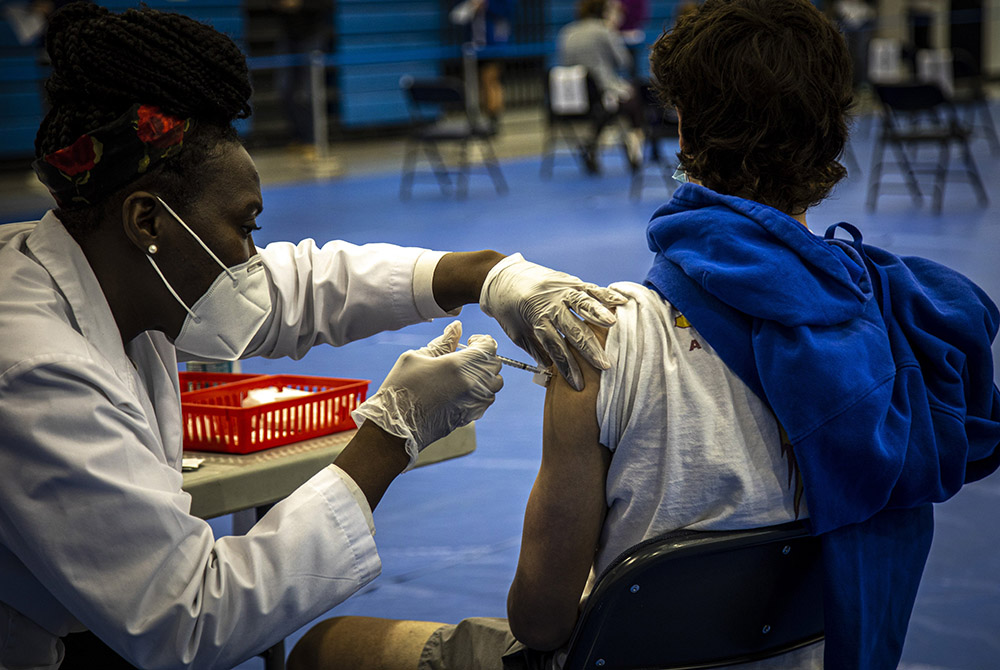
A health care worker administers the Pfizer COVID-19 vaccine to a Marymount University student in one of the athletic buildings on the Catholic college's Arlington, Virginia, campus, during a coronavirus vaccine clinic April 21. (CNS/Chaz Muth)
Ken Young, assistant vice president of marketing and public relations at Molloy College, told NCR in a June 10 email that the college was set to make a decision within the next two weeks.
Colleges and universities have a long history of requiring students to be vaccinated against a variety of diseases, Bibbins-Domingo said. Required shots often include bacterial meningitis; measles, mumps and rubella; and tetanus, diphtheria and pertussis.
All 50 states have some vaccination requirements in place for K-12 students in public schools, according to Inside Higher Ed, with allowances for religious and medical exemptions.
Some legal commentators have argued that requiring the COVID-19 vaccines authorized for emergency use in the United States presents a legal gray area for colleges, since the vaccines have not completed the Food and Drug Administration's full approval process.
Just because they have not yet been fully approved does not mean COVID-19 vaccines are unsafe or experimental, though, said Dr. Howard Forman, a professor of radiology and director of the health care management program in the Yale School of Public Health.
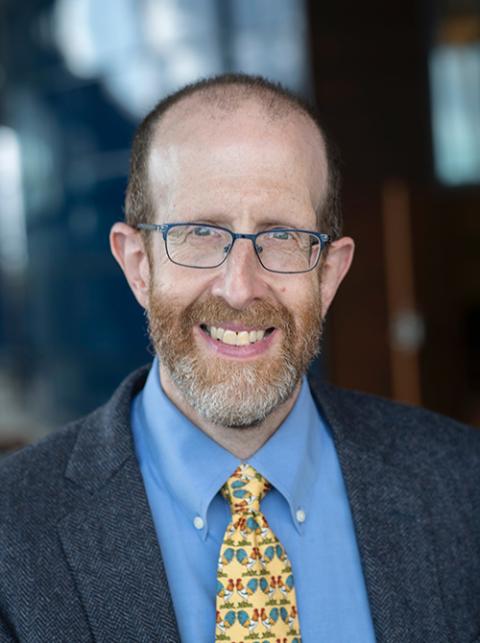
Dr. Howard Forman, a professor of radiology and director of the health care management program in the Yale School of Public Health (Courtesy of Howard Forman)
Forman said he thinks there has been a politically motivated "purposeful misinformation campaign" to convince people the vaccines are "experimental" and unsafe.
The COVID-19 vaccines authorized by the FDA have been administered to over 175 million people in the U.S. alone as of June 16, according to the Centers for Disease Control and Prevention.
Many drugs that are fully approved by the FDA are never tested on this many people, Forman said. If the COVID-19 vaccines had serious side effects that outweighed the risks of the disease in young adults, scientists would know by now, he said.
"The vaccine is tremendously safe compared to the alternative of getting COVID," Forman said.
While some schools have seen opposition to vaccine mandates from conservative and libertarian student groups, the vast majority of college students plan to be vaccinated and most support a vaccine requirement for the fall semester, according to Inside Higher Ed.
Advertisement
According to a survey of over 2,000 college students conducted by Inside Higher Ed and College Pulse, roughly seven in 10 students "strongly" or "somewhat" support a COVID-19 vaccine requirement for those returning to campus in the fall.
The survey also found that 64% of students had been vaccinated already, and another 21% said they planned to as of May 2. Just 15% said they did not want to be vaccinated.
Across racial groups, most students said they supported the requirements. The majority (66%) of Catholic students said they either strongly or somewhat supported a vaccine mandate.
There were, however, significant political differences in support for vaccine mandates. While 91% of strong Democrats said they either strongly or somewhat supported the requirement, only 25% of strong Republicans said the same.
Of all students who said they opposed a COVID-19 vaccine mandate, 40% said they would "definitely" or "probably" leave their school if it required them to be vaccinated.
Forman said the fact that the vaccines are so highly politicized has complicated universities' efforts to protect their students' health.
"I think if we didn't have the politics involved … it would be a much easier decision to make, for an institution to just say that: 'We're still in the midst of the pandemic, we still know that the risks are higher to you from COVID than [they are] from vaccination. And we also know that if we allow outbreaks to occur on our campus, even people who have gotten vaccinated are being put at risk that we could otherwise avoid,' " Forman said.
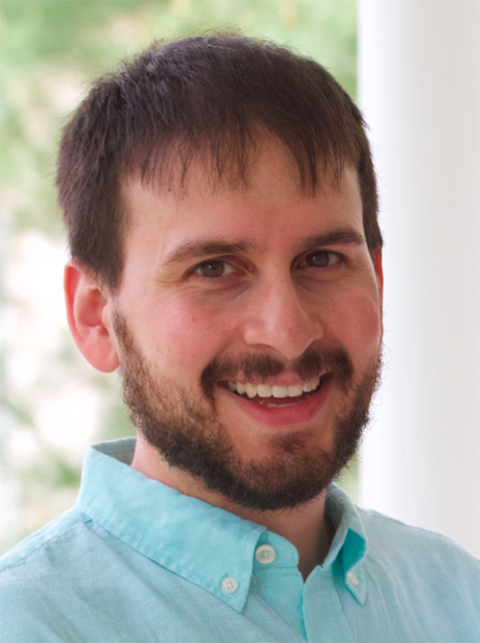
Chris Prener, an assistant professor of sociology and member of St. Louis University's task force on COVID-19 (Courtesy of Chris Prener)
Chris Prener, an assistant professor of sociology and member of St. Louis University's task force on COVID-19, said that in deciding whether to advocate for a vaccine mandate at his university he weighed issues such as racial disparities in access to the vaccine, the benefits of in-person education and the concerns raised by some members of the student body about vaccine safety.
He said the task force requested feedback from the campus community about a possible vaccine mandate. Most students, faculty and staff who responded said they supported it, although some raised concerns he said were "not necessarily grounded in science."
"We heard lots of things like 'this is the only way I would feel safe going back into the classroom as a professor,' or, 'this is what we need to do so that we can engage in clubs and on-campus activities,' " Prener said.
He said many respondents felt it was important to require all campus community members — including faculty and staff — to be vaccinated, not just students.
On June 8, St. Louis University announced it would be requiring the vaccine for anyone returning to campus in the fall of 2021.
"As St. Ignatius said, our 'love for one another must show itself in deeds more than just words,' " St. Louis University president Fred Pestello said in a statement announcing the decision. "All that we desire for SLU depends upon our sacrificial love for one another. In these unsettled times we express our care — our love — by receiving one of the available COVID-19 vaccines so that all of us can be together safely, free from isolation and anxiety."
Bibbins-Domingo said vaccinating those on college campuses is important to protect people in the surrounding communities, as well as those who are immunocompromised or might not have easy access to the vaccine.
She said that's one of the reasons colleges have made the "pragmatic" choice to require COVID-19 immunizations as they have historically done for other communicable diseases.
"[As a college, you] have a responsibility not only to the health of your students, but also to the health of every single person who interacts with students on a campus and to the surrounding communities," Bibbins-Domingo said. "I think that ends up underlying the decisions that the colleges have made at this point."







